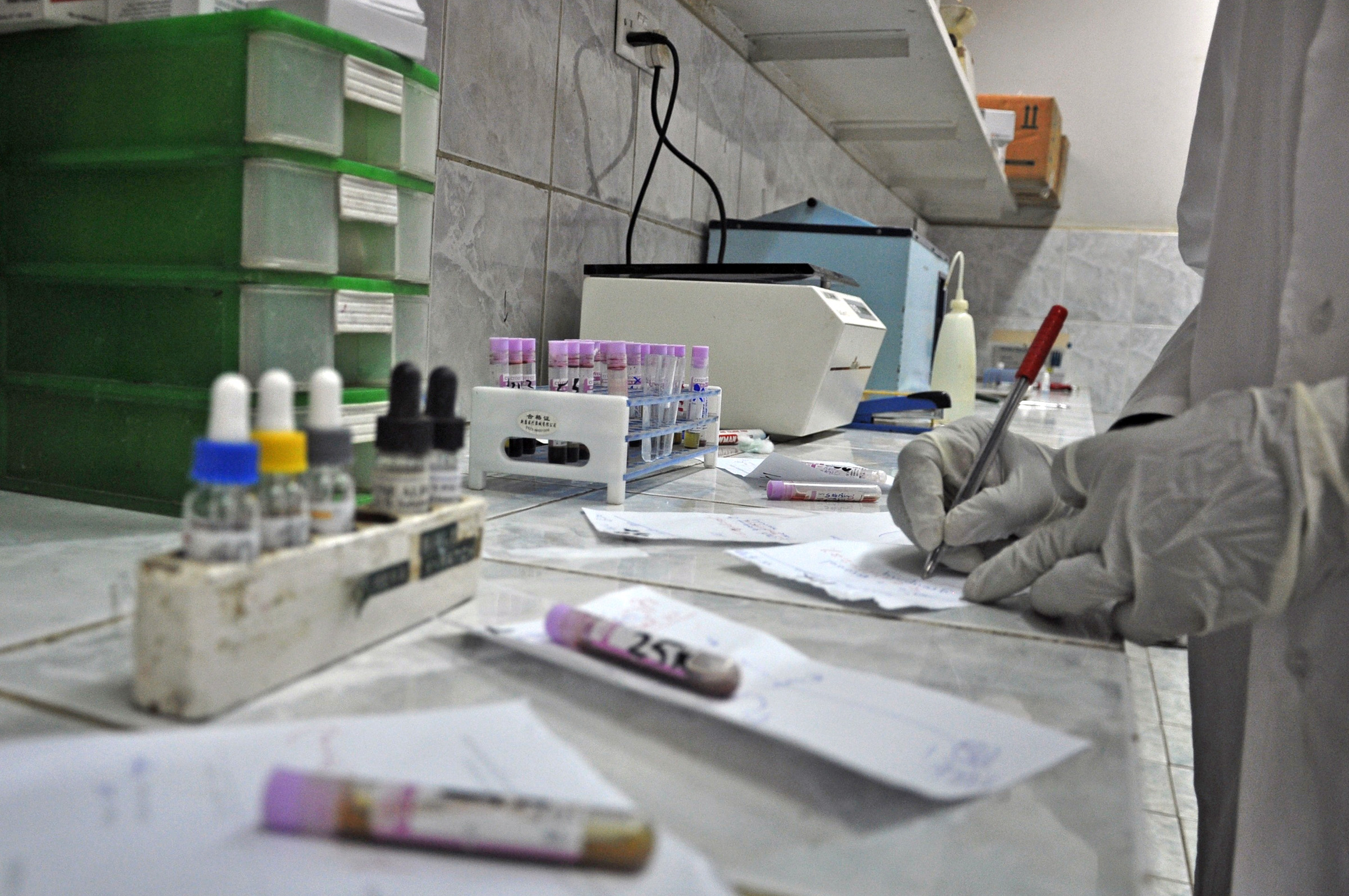New technology could help put more people living with HIV on treatment faster and improve care, UNITAID partners said at the international AIDS conference in Washington DC.
Point-of-care (PoC) technology provides health workers with access to complicated test results at the clinic level, but can also change how patients use the health system - not always for the better. The evaluation will investigate what new PoC technology will mean for patients and health systems.
UNITAID's money - part of a three-year grant - will go towards field-testing new PoC technology to diagnose babies born to HIV-positive mums early, and monitor HIV viral loads (the amount of virus in the blood) and CD4 counts (which measure the immune system's strength).
The new technologies will be rolled out in projects run by the UN Children’s Fund (UNICEF), the Clinton Health Access Initiative, and medical humanitarian organization Médecins Sans Frontières (MSF).
Most HIV tests only detect the presence of HIV antibodies - proteins produced by the body in response to HIV infection - and although babies born to HIV-positive mums inherit antibodies, they are not necessarily for HIV. Special polymerase chain reaction (PCR) tests are needed look for the actual virus, not the antibodies, to diagnose HIV in infants.
Blood for these tests can be collected at clinics, but PCR tests and those to determine CD4 counts and viral loads are usually only available at district laboratories. Clinics often wait weeks to get the results, delaying treatment for patients and increasing the likelihood that they will be lost to follow-up because they lose interest in getting treatment.
The first step to treatment
Whether or not people access HIV treatment depends on how easy it is to get the tests and the results, according to UNITAID Executive Director Denis Broun.
| Read more |
Viral load testing also plays a part in allowing healthcare providers to better identify drug resistance in HIV patients, so doctors and nurses can switch patients to second- or third-line drugs when their current treatment no longer works. Importantly, it also decreases the chance that healthcare providers will switch patients to these more costly regimens unnecessarily, MSF said.
Research published in British medical journal, The Lancet, and released at the international AIDS conference in Washington, shows a rise in drug-resistant HIV in sub-Saharan Africa. Rates of drug resistance are increasing the fastest in East Africa, where about seven percent of all HIV patients have some form of drug resistance - double the proportion of patients with similar resistance in southern Africa.
llg/kn/he
This article was produced by IRIN News while it was part of the United Nations Office for the Coordination of Humanitarian Affairs. Please send queries on copyright or liability to the UN. For more information: https://shop.un.org/rights-permissions





